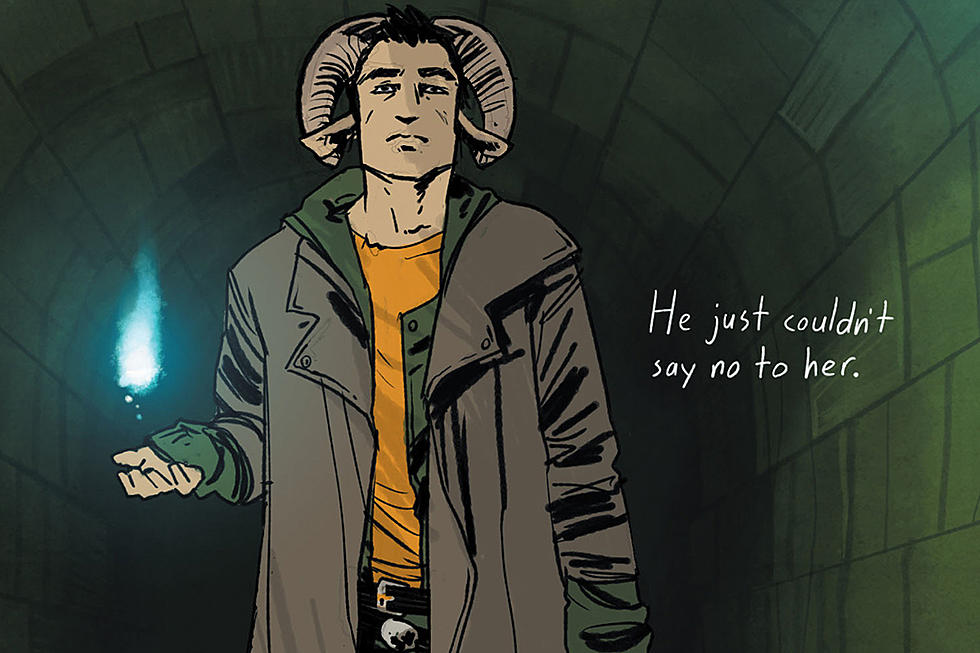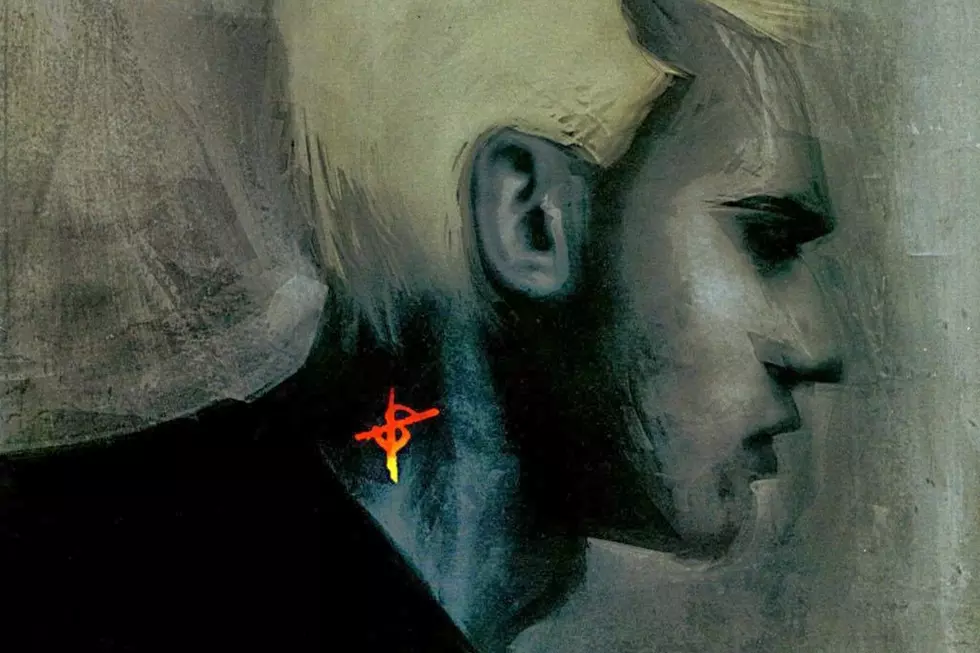
Image At 25: How ‘Casanova’ Reminded Comics To Be Weird
Matt Fraction, Fábio Moon and Gabriel Bá's Casanova is a whirlwind of a comic, mixing espionage, family drama, and multiversal crises in one sleek and sexy drug-soaked package. Casanova launched in 2011 at a time when a lot of the industry was playing it relatively safe, and it felt like something decidedly new and dangerous, and helped kickstart the new Image revolution of the late '00s.
While Invincible turned me onto Image Comics on the whole, Casanova was one of the first indie comics I got hooked on --- though at seventeen years of age, and relatively new to comics, I wasn't quite ready for everything Casanova had to throw at me. It was sexy in a way that I wasn't prepared for from comics, and the number of concepts and ideas per issue was overwhelming for a boy who had not yet been exposed to Jack Kirby.
Casanova fits into a category of comics where it's kind of important to have some genre awareness before you go in, but as a new reader the experience was almost enhanced, as I was just as disoriented as Casanova Quinn was. When the protagonist is thrown between alternate universes, or infiltrating his father's super spy organization as his own dead self, it gets a bit trippy for everyone involved.
The second volume of Casanova, subtitled "Gula", also introduced me to some of my first experiences with LGBTQ characters in comic books. Keep in mind, this was roughly ten years ago now; the story featured Cass pretending to be his own sister to seduce the son of super-criminal, and the subtle reveal of Casanova's bisexuality and Kubark's angry refutation was something I didn't expect in my sci-fi comics, and again it introduced me to more ideas of what comics could be.
It wasn't just the stories in Casanova that had me hooked; it was the backmatter by Fraction, which was a mix of deeply personal authorial biography and comics craft explored in ways I hadn't considered. Casanova came out around the same time as Warren Ellis and Ben Templesmith's Fell, and both played with offering shorter issues at lower prices. Seeing Fraction discuss the decisions he had to make in his storytelling when he only had sixteen pages made me realise how involved and considered the actual process of making a comic can be.
Casanova left Image for the third volume, "Avaritia," published instead by Icon as part of Matt Fraction's exclusive deal with Marvel at the time. The new Casanova was more traditional in its approach; the issues were longer and they were full color, which didn't appeal as much to me. As I was discovering what comics I liked and what comics I didn't, I was drawn to the disposable pulp aesthetic of early Casanova, and when it became more of a traditional indie series, it lost some of the charm.
The series returned to Image for "Acedia", bringing the other three volumes back in full-color reprints that I haven't since checked out. I'm sure Casanova is just as good as it was, but delays on the current volume taxed my interest, and it was never going to be the powder keg of ideas that it was to me at seventeen years old.
I know I'll come back to it someday, and it'll mean something different to me in that context, but to a seventeen year old kid in that time and place, it changed everything.
More From ComicsAlliance
![Touch Me, Touch Me: The ‘Sex Criminals’ Mixtape [Love & Sex Week]](http://townsquare.media/site/622/files/2017/02/Sex-Criminals-Featured.png?w=980&q=75)
![Image To Add 25 Complete And Ongoing Series To Comixology Unlimited [Exclusive]](http://townsquare.media/site/622/files/2017/02/Image-Featured1.png?w=980&q=75)







